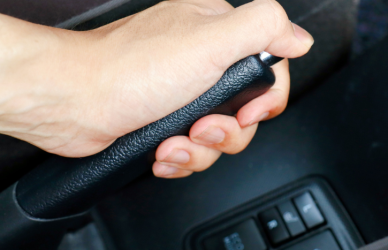Utah has taken a proactive approach to address the growing concern of road rage incidents on state roadways. According to reports from the Utah Department of Transportation, aggressive driving deaths have been on the rise, with an average of 25 fatalities annually over the past four years compared to fewer than 14 deaths annually in the last six years. In response, Governor Spencer Cox has signed into law a bill aimed at defining and addressing road rage within the state.
Formerly known as HB30, the new legislation clearly defines “road rage events” as criminal offenses committed by vehicle operators with the intent to endanger or intimidate others on the roadway.
This law introduces strict penalties for such behavior, including a minimum fine of $750, potential prison time, and the option for law enforcement to seize and impound the vehicle involved in a road rage incident without a warrant, subject to a $400 impound fee. Furthermore, repeat offenders may face license suspension or revocation.
Senator Todd Weiler emphasized that the intent behind the law is not to penalize individuals for minor displays of frustration, such as using obscene gestures.
“We’re not talking about someone flipping someone off. We’re talking about a criminal offense, and you’re trying to endanger or intimidate another individual,” Weiler said.
However, Representative Paul Cutler highlighted the potential for aggravated assault charges if a vehicle is wielded as a deadly weapon during a road rage event.
Despite the agreement on the seriousness of road rage, not all lawmakers were convinced that enhanced penalties would effectively discourage or stop such behavior. Representative Jordan Teuscher expressed skepticism about the productiveness of stricter punishments in modifying driver conduct, citing the difficulty of controlling emotions and anger in the heat of the moment.
In response, Cutler included provisions in the legislation to use fines toward funding a public education campaign aimed at raising awareness about road rage and promoting safer driving practices.
“I think it’s important that we include a campaign to help people think about ahead of time, ‘Before I get in that car, before I drive, I’m going to make the decision not to be angry, or not to let someone else make me angry and do something I would regret, and ruin my life or the life of someone else,’” Cutler said.
The new law is scheduled to take effect on July 1, with a sunset date set for July 2028.
Source: Land Line











